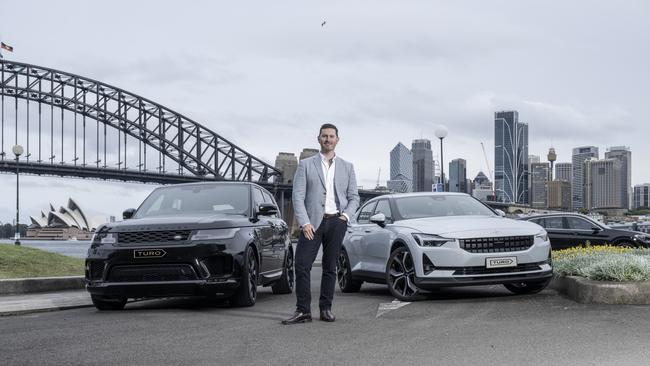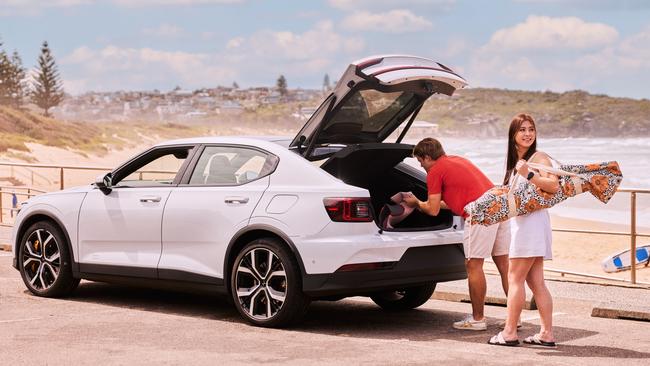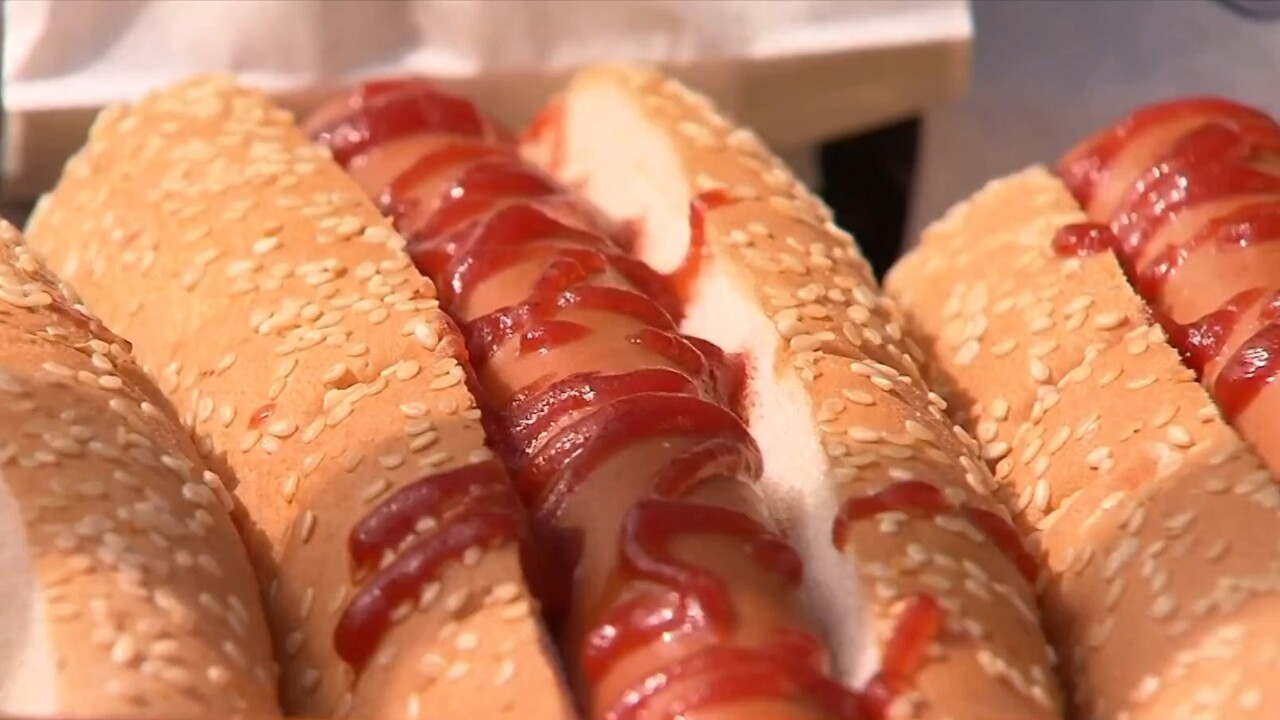Turo poaches Uber’s head of growth for down under launch
Turo has made a bold move in its play for a slice of the nation’s carshare market despite it being one where revenue is expected to drop 6.8 per cent this year.

Business
Don't miss out on the headlines from Business. Followed categories will be added to My News.
A San Francisco-based company had made a bold move in its play for a slice of the nation’s carshare market despite it being one where revenue is expected drop 6.8 per cent this year.
Turo, founded in 2010, has poached Uber Australia’s head of growth Tim Rossanis who will lead a team of about six as the carshare provider aims to launch before Christmas.
Turo, which touts itself as the world’s largest carshare provider, is often likened to the Airbnb of the car world as it allows “hosts” to place their vehicle on the platform to be rented by others. The concept launched two years after Airbnb in 2008.
The launch arrives just a week after Uber rebranded similar Australian-founded carshare startup Car Next Door - which it acquired almost one year ago - as Uber Carshare. Car Next Door was Uber’s first Australian acquisition and a service the rideshare giant is planning to launch in its home ground, the US.

Car Next Door drew major interest from corporate Australia prior to its acquisition. In 2018 it raised $5m in round led by Caltex and early-stage investment group Investible at a time when 1300 cars were registered on the platform and borrowed by more than 60,000 users.
Then chief executive Will Davies said the platform was reaching 2000 bookings per week.
Similarly to Turo, Car Next Door operates an Airbnb-type model. Since it formed in 2013, the business has ad 1.1 million trips booked, according to Uber. The company said since January - when the acquisition took place, the number of cars available have doubled, owners have grown 60 per cent and borrowers 20 per cent.
However, a recent IBISWorld report paints a slightly less optimistic picture of the local carshare market, describing it as one that was hit heavily by the pandemic.
“Prior to the outbreak of Covid-19, players enjoyed relatively favourable trading conditions supported by growing urbanisation and real household discretionary incomes,” the report reads.
“However, industry demand and revenue fell after the Covid-19 outbreak, as lockdowns and interstate travel restrictions took their tolls. Overall, industry revenue is expected to decline by an annualised 0.7 per cent over the five years through 2021-22, to $38.3 million.”

The cost of maintaining parking spaces in the city and the inflated price of new and secondhand vehicles - largely fuelled by the international semiconductor shortage - have plagued the industry, according to the report.
“The industry’s performance includes an expected revenue contraction of 6.8 per cent in the current year, as lingering movement restrictions and concerns regarding Covid-19 infections have continued to subdue industry revenue,” it reads.
Darcy Gannon, the report author, projected a 2.2 per cent revenue growth over the next five years to reach $42.6m. Profit over the past five years is down 3.2 per cent.
Mr Gannon noted that the introduction of new operators and “working-from-home measures are likely to limit urbanisation rates over the next five years, constraining revenue growth”.
In Australia, there are nine major players who hire 230 staff, according to Mr Gannon. Of those - soon to be 10 operators - the majority own their own fleet.
Mr Gannon reports that GoGet Carshare has 64.2 per cent of the market. Hertz has 5.2 per cent of the market and other operators make up the remaining 30.6 per cent.
Hertz was an early adopter of the market, acquiring Australian startup Flexicar in 2010. Three years later the company introduced another competitor - Hertz 24 - into the market but not in Australia.
Damien Shaw, Hertz ANZ general manager, said Flexicar sign-ups had grown 30 per cent and the company expects to accommodate 100,000 trips this year.
Flexicar has about 500 vehicles in its Australian fleet which has vehicles in 10 locations across Australia including all major cities, Mr Shaw said. Those vehicles range from passenger vehicles, utes, vans, EVs and Hybrid cars.
“There are also benefits passed on to the customer when car sharing through a fleet-based model including the peace of mind and comfort that comes with a professionally maintained vehicle,” he said.
IBISWorld has small and hybrid vehicles making up 69.4 per cent of the local carshare market. Following was vans and commercial vehicles at 9.4 per cent, luxury vehicles at 8.8 per cent and SUVs and medium vehicles made up 7.2 per cent 5.2 per cent of the market, respectively.
Mr Rossanis said Turo would look to work with luxury car owners whose vehicles were worth up to $200,000.
“One of the reasons we’ve got a vehicle value of $200,000 is because we want many more people who don’t currently have access to car sharing to be able to offset the cost of running their vehicle,” he said.
The platform typically saw three types of customers, he said, which included consumers with one or two cars on the platform, small businesses with three to nine vehicles on the platform and professional hosts who had 10 or more and ran large-scale operations with employed staff.
Turo boasts an average annual income of $19,112 paid to those who list their vehicle. The company confirmed that figure comes from tis top 50 per cent of hosts based on monthly earnings multiplied by 12.
The business spans over 9,500 cities with 125,000 active hosts and 250,000 active vehicles as of June 30, 2022, the company said.
Mr Rossanis, who has worked in programs with AirTree, AMEX and Startmate, said Turo’s launch into the Australia market was a “no brainer” ahead of summer.
“Australian driver’s licences are the second most popular driver’s licences in the world with Turo outside of the markets where we already operate,” he said. “There’s just a really nice network effect that we can create by bringing Turo to Australia. Us Aussies love to go overseas and people familiar with Turo will travel to our existing markets and likewise.”
More Coverage

Originally published as Turo poaches Uber’s head of growth for down under launch





